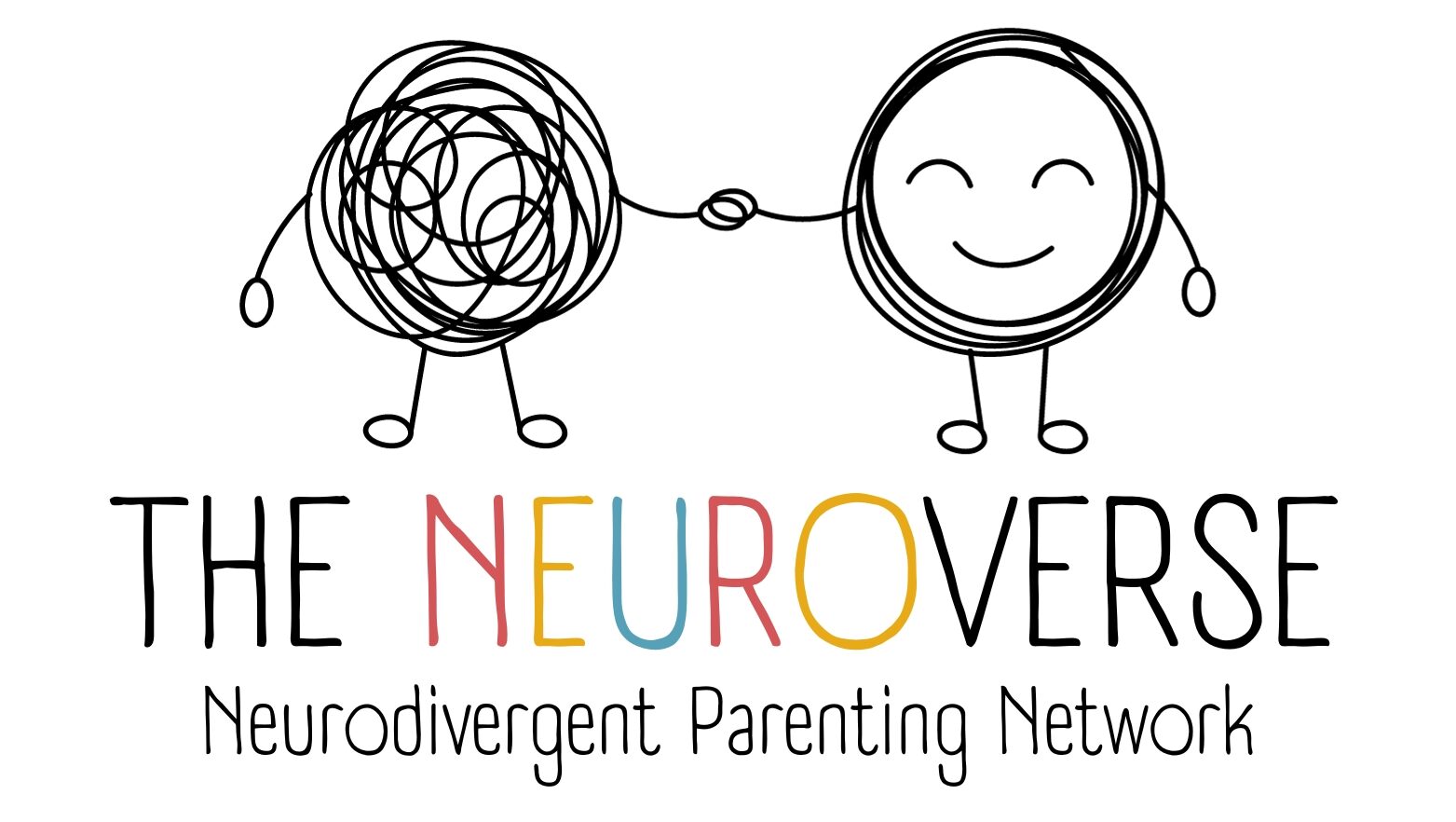KIDS, SUGAR and ADHD…

This one is close to my heart and is not spoken about often. Yes, all kids love sweets. But some kids with ADHD, REALLY love sweet things.
Turns out, there’s actually something to it!
Here are some factors that can contribute to an increased preference for sugary foods:
1. It’s a Dopamine Dance Party:Like screens, eating something sweet can lead to the release of the neurotransmitter dopamine. It’s like a disco ball lighting up and saying, “Woohoo, that was tasty!” Why wouldn’t you want more?!
2. Sweet Comfort Blanket: Imagine sugar is like a cozy, sugary security blanket. When things get a bit wild or overwhelming, reaching for something sweet can feel like a warm hug from your favourite teddy bear. Again, releasing dopamine feels good!
3. Instant Energy Boost: Sugary foods provide a quick burst of energy, which can be appealing to children with ADHD who may experience challenges with attention and focus. The rapid increase in blood sugar levels can temporarily improve alertness.
4. Impulsivity: Children with ADHD often struggle with impulse control. So when that cookie says “eat me, I’m delicious” it’s really easy to impulsively snack on a nearby tasty treat.
5. Sweet Symphony of Senses: Sugar not only tastes good but can feel like a sweet symphony in your mouth. For some kids with ADHD, who might have different sensory preferences, sugary treats are like the rockstars of snacks.
It’s important to note that while there may be a preference for sugary foods, not all children with ADHD will develop problematic eating habits, and individual experiences can vary. Additionally, a well-balanced diet plays a crucial role in managing ADHD symptoms. Excessive sugar consumption can have negative effects on overall health and may contribute to energy crashes and difficulty maintaining focus.
Parents and caregivers can work with healthcare professionals to develop healthy eating habits for children with ADHD, focusing on a balanced diet that includes a variety of nutrient-rich foods. Strategies may include creating structured meal times, offering nutritious snacks, and limiting access to excessive sugary items.



Leave a Reply